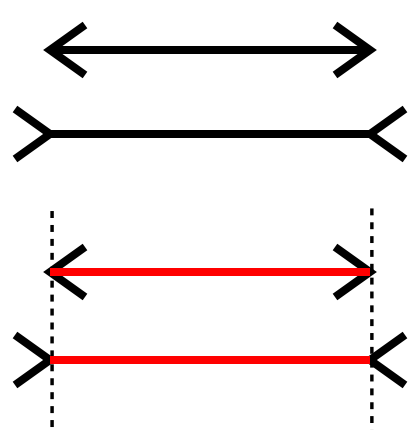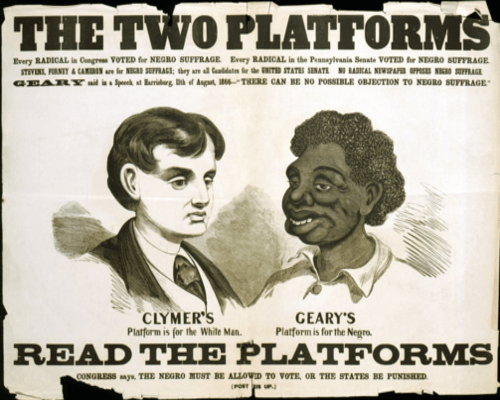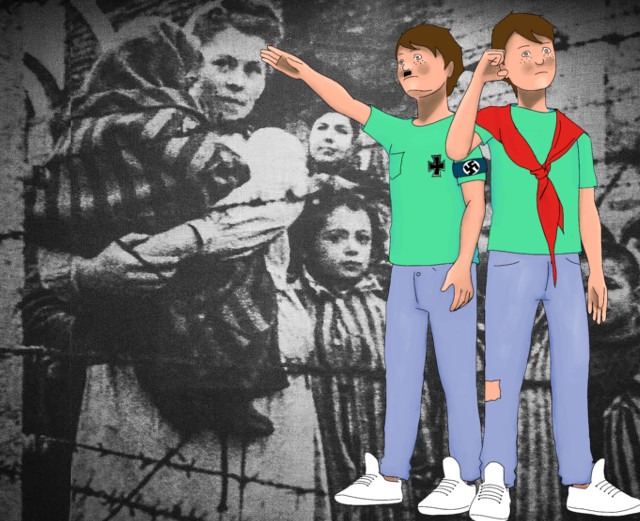
|
 |
 |
|
 |
The less secure a man is, the more likely he is to have extreme prejudice, Clint Eastwood.
Do not be prejudiced. As our mind deceives us when we believe that one line is longer than the other, it also makes us think that those -and also naturally, us- who belong to our group (ingroup, those who share the same sex, social group, age, ethnicity, religion, nationality, etc. with us) are better than members of the outgroup (those from the opposite sex, different social group, religion, age, etc.). 
It also tricks us into seeing all members of the outgroup as quite similar amongst themselves. You may have heard statements, such as “women only care about money and men only want sex and their freedom”, “all Germans are rude and cold”, “French are arrogant and smug”, etc.
It has been demonstrated that very little is needed indeed. The mere categorization or grouping of individuals into groups, even for arbitrary reasons, without any logic whatsoever, is more than enough. Thus, experiments were performed using different criteria, such as eye color (blue and brown eyes), shirt color, pure chance (head versus tails), etc.
The results were always the same, we all favor our groups, we all value members from our community, religion, country, etc. much more than those in the other group. Besides, prejudice is exacerbated by competition for scarce resources!
Let’s delve in a little deeper.
Allport defined prejudice in “The Nature of Prejudice” (1977), as “a feeling, favourable or unfavourable, towards a person or thing, prior to, or not based on, actual experience.” We also think of it as “any unreasonable attitude that is unusually resistant to rational influence.”

Attitudes are predispositions to think and act in certain ways. They have three components:
Discrimination refers to overt acts of individuals. However, the modern man or woman wants to project a positive and “democratic” image of himself or herself. Therefore, people tend to respond to expectations more as a result of their social desirability than their true feelings.
Furthermore, modern prejudice is more subtle. It is still linked to the existence of negative feelings toward outgroups, but with certain restrictions. These feelings are not of hatred and open hostility, as we imagine the Ku Klux Klan’s attacks on black Americans, but rather of discomfort, insecurity, and even fear that leads to avoidance of contact with the outgroup rather than the manifestation of destructive or hostile actions towards them.

It is observable in people who perceive their victims as inherently different and incapable of integrating into society and sharing the dominant group’s values. Thus, Muslims are often accused of being sexist, homophobic, and enemies of free-speech because of excessive religiosity.
Gypsies are said not to share traditional values regarding the importance of work and maintaining a harmonious family, and be used to live off welfare. This racism plunges its victims into poverty, exclusion, economic inequality, and social injustice. In the case of immigrants, this justifies the demands for expulsion.

It should be noted that prejudice and discrimination are everywhere and fighting against them will not be easy.